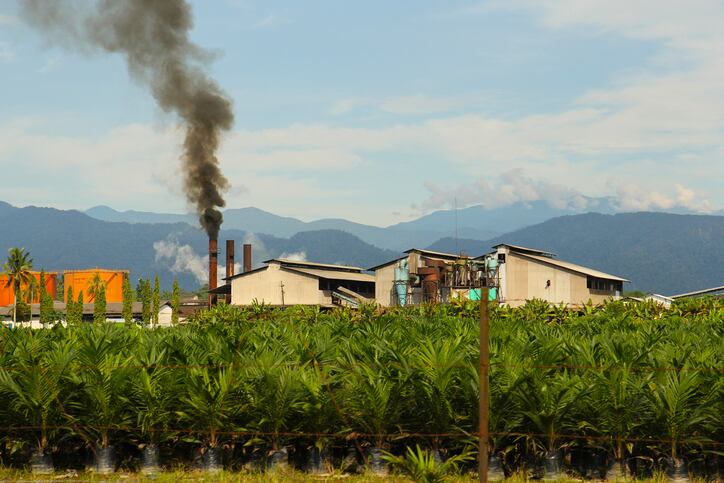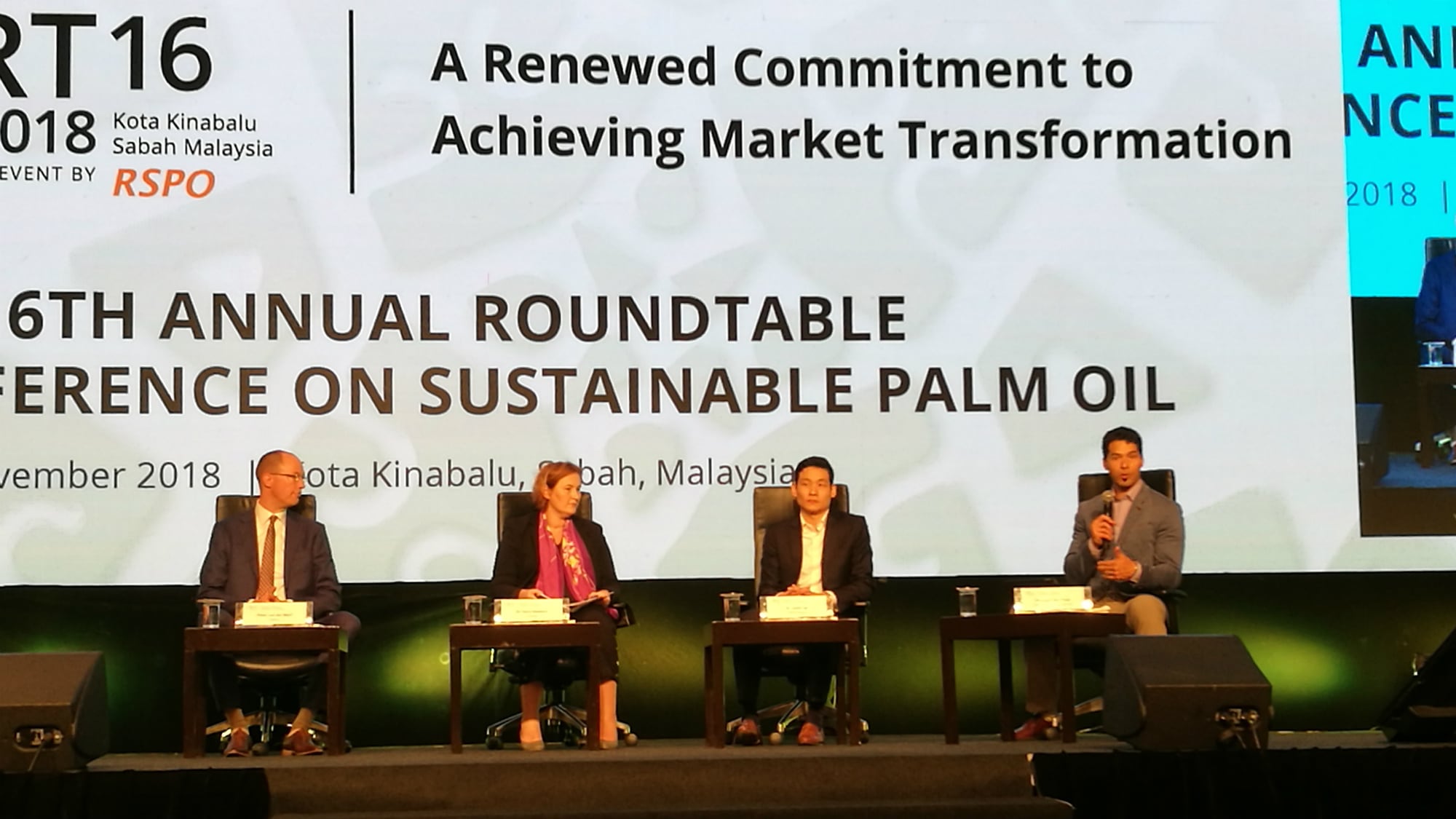The suspension relates to the Principles and Criteria (P&C) certificate held by FGV Holdings Berhad's mill, Kilang Sawit Serting, and four plantations that supply the mill.
The complaint against FGV (formerly known as FELDA) was filed by the Wall Street Journal back in 2015 following an article alleging the use of forced labour and poor working conditions on FGV-owned plantations as well as unfair wages.
RSPO described the complaint as “a matter of public interest”. Its complaints panel carried out an investigation that included an independent verification visit in April this year.
Commenting on the suspension, RSPO said: "As provided under the RSPO Complaints and Appeals Procedure, in the event of non-compliance with the decision, the Complaints Panel may impose sanctions on a member, which can include a warning, suspension of membership or termination of membership."
“We remain committed to transparency and accountability while encouraging our members to operate in the same way, and in accordance with the RSPO Code of Conduct and other key documents.”
Indications of forced labour
RSPO sent a letter to the company’s head of sustainability and environment, Raja Dato' Zamilia Raja Dato Seri Mansur, on 28 November.
In it, the certification board noted that FGV had outsourced its foreign workers to contractors which violated Malaysian laws and “may be considered as acts done in furtherance of trafficking in persons”. This also constituted a violation of two RSPO principles and criteria (P&C), which “must be addressed by FGV as a matter of priority”, it said.
The Malaysian supplier’s recruitment and employment processes also “need further improvements” as there were indications of forced labour.
RSPO, therefore, ordered FGV to undertake an “urgent legal and operational audit and review of its current recruitment and employment processes to identify and accordingly, eliminate all features of forced labour.”
The letter issues directives and points of action that FGV must achieve within a given time frame. For instance, it has three months to complete the employment audit and nine months to implement it.
FGV has supplied palm oil to major consumer goods companies, such as Unilever, Mars, PepsiCo, Procter & Gamble and Nestle as well as supplier Cargill.
Unilever has not sourced from FGV since January of this year. However, a spokesperson for the company said this decision was unrelated to the labour rights issues.
A spokesperson for Nestle said it was aware of the allegations concerning FGV, an indirect supplier to the Vevey-headquartered company. "We have been engaging with them on their action plan and setting concrete expectations for addressing these challenges immediately.’’
’We are very clear that human and labour rights abuses have no place in Nestlé’s supply chain. This is why we are committed to tackling this issue and helping drive positive change in the palm oil sector. It is also why welcomed the adoption of the revised RSPO P&C that includes labour criteria."
‘A damning indictment’ of FGV practices
The executive director of Malaysian human rights organisation Tenaganita, Glorene Das, said the RSPO’s confirmation of forced labour on FGV’s plantations was “a damning indictment of the company’s modern-day slavery practices and its complicity in human trafficking”.
Das called on the Malaysian government, global palm oil buyers, financiers, and the international community must hold palm oil companies to account.
For some campaigners, however, suspending FGV’s membership does not go far enough.
Robin Averbeck, agribusiness campaign director for Rainforest Action Network (RAN), said RSPO had “again failed to adequately hold accountable one of its member companies found guilty of widespread illegal labour violations”.
“The RSPO has issued a slap on the wrist to both FELDA and Indofood [which also saw its membership suspended earlier this month], while allowing these companies to continue selling certified ‘sustainable’ palm oil rife with illegality and labour violations,” he said in a statement, slamming this as "hypocrisy".
RSPO: 'A transparent environment to voice grievances'
However, Dan Strechay, RSPO's interim director of outreach and engagement and US representative, said RSPO had a vision to transform the market for palm oil and it was important for all stakeholders to share the responsibility of achieving this.
“In this process, engagement within a transparent environment is a key aspect. RSPO complaints, many of which are valid, have come in because of the transparent environment that RSPO has created.”
Other approaches to sustainability may seem to receive few or no complaints in comparison to RSPO but, Strechay said, this was possibly because of a lack of “ammunition” or system in place to manage grievances.
“It is important that stakeholders continue to support transparency and the systems that enable it, such as RSPO,” he added.




